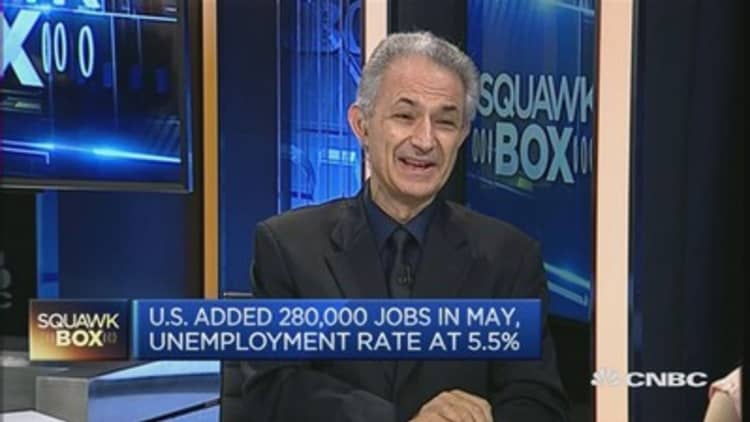The U.S. Federal Reserve's impending interest rate hike poses a considerable risk to global markets, the International Monetary Fund's deputy managing director has warned.
Mitsuhiro Furusawa told a conference in Seoul on Monday that there was a risk of market disorder when the U.S. central bank implemented its first rate increase in a decade.
"The risk is once market sentiment shifts - possibly triggered by normalization - yields could sharply increase and capital flows could reverse," he said.

"This process could become disorderly, with impaired liquidity in certain markets or asset classes," he added.
A top Fed official said on Friday that a rate rise looked likely later this year, although the timing depended largely on the economic outlook. William Dudley, president of the New York Federal Reserve, acknowledged at the time that there was a likelihood of "turbulence" in markets when the rate increase happened.
Speaking in Seoul, Mr Furusawa said the Fed could reduce the risk of disorderly capital outflows by continuing to communicate its policy intentions, while emerging market economies needed to strengthen their macroeconomic fundamentals and policy frameworks.
He also highlighted the importance of implementing structural reforms by emerging market countries to promote strong, sustainable and balanced growth.
Read MoreFed's Dudley: Rate hike appropriate later this year
Global policy makers have raised concerns of a repeat of the 2013 'taper tantrum', when world markets took fright at the Fed's first hint that it might roll back its monetary expansion policy. The Fed is expected to start raising interest rates before the end of this year.
Mr Furusawa said that countries could cope with market volatility through foreign exchange intervention or capital flow management measures, although they should not substitute for macroeconomic adjustment.
The deputy managing director also said the IMF saw signs of growth rebounding in emerging market countries next year after likely declining for the fifth year in a row in 2015.

